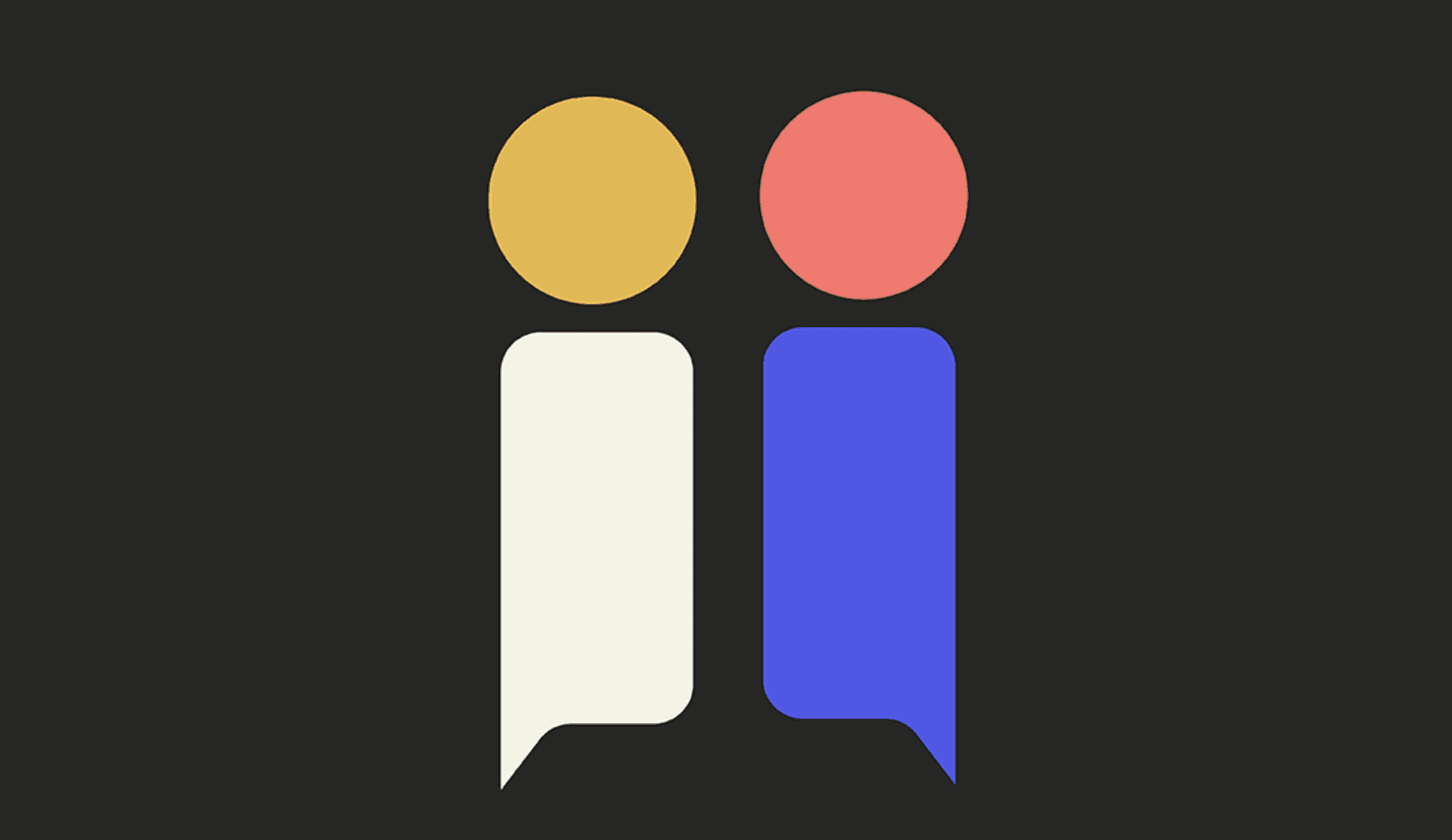Quiz Questions
Question 1: What type of environment do you prefer working in?
- Child-friendly
- Fast-paced
- Classroom
- Quiet and peaceful
Question 2: How would you handle a crying patient?
- Comfort them and reassure them.
- Quickly assess their needs and provide care.
- Understand why they are crying and address their concerns.
- Listen to them and offer emotional support.
Question 3: What is most important to you when working with patients?
- Building a relationship with the patient and their family.
- Providing efficient care.
- Educating the patient and their family.
- Providing comfort and emotional support.
Question 4: How do you deal with stress?
- Take a break and talk to a friend or colleague.
- Stay focused and kept working through it.
- Take deep breaths and try to relax.
- Engage in self-care activities.
Question 5: What is your ideal work schedule?
- Regular daytime hours
- Flexible hours, including evenings and weekends
- Part-time hours to allow for other activities
- Overnight shifts
Question 6: What is your greatest strength?
- Compassion
- Quick thinking
- Communication skills
- Empathy
Question 7: What is your preferred method of learning?
- Hands-on experience
- Videos and online courses
- Lectures and discussions
- Independent reading
Question 8: How do you handle patients resistant to care or treatment?
- Build a trusting relationship
- Use persuasion and reasoning
- Explain the consequences for non-compliance
- Involve other healthcare providers
Question 9: How do you handle conflicts with colleagues or superiors?
- Discuss the issue calmly and respectfully.
- Avoid confrontation and try to work around the issue.
- Seek guidance from a mentor or supervisor.
- Stand up for your beliefs and opinions.
Question 10: What is your approach to patient care?
- Family-centered care
- Efficient care
- Evidence-based practice
- Holistic care
Question 11: What motivates you to do your best work?
- Making a positive impact on patient’s lives
- Achieving personal goals
- Financial rewards
- Recognition from others
Question 12: How do you handle ethical dilemmas in patient care?
- Follow the ethical code of conduct
- Make decisions based on personal beliefs and values
- Base decisions on the patient’s wishes and values
- Consult with the patient’s family for guidance
Question 13: How do you approach difficult conversations with patients or families?
- Empathize with their concerns and offer support.
- Provide clear and concise information.
- Use visual aids or other tools to aid understanding.
- Allow them to express their emotions and provide comfort.
Question 14: What is your favorite medical equipment or technology type?
- Pediatric medical toys or games
- Life-saving emergency equipment
- Anatomy models or simulators
- Comfort measures such as heated blankets or aromatherapy diffusers
Question 15: What is your preferred method of teamwork?
- Collaborative decision-making
- Assigning specific roles and responsibilities
- Consensus-based decision-making
- Taking charge and directing others
Question 16: How do you prefer to handle complex patients or situations?
- Stay calm and empathize with the patient
- Quickly assess the situation and take action
- Communicate clearly and assertively with the patient
- Involve other healthcare providers to collaborate on a solution
Question 17: How do you prioritize patient care?
- Address immediate needs first, then focus on long-term goals
- Focus on the patient’s emotional and psychological needs first
- Follow the patient’s care plan precisely
- Prioritize patients who require urgent care
Question 18: How do you handle conflicts with coworkers or other healthcare providers?
- Listen to their perspective and work together to find a solution
- Take charge of the situation and make decisions quickly
- Use evidence-based practice to support your position
- Avoid conflicts by focusing on your tasks and responsibilities
Question 19: How do you stay current with new healthcare practices and technologies?
- Attend conferences and workshops
- Read healthcare journals and publications
- Collaborate with other healthcare providers
- Use online resources and social media to stay informed
Question 20: How do you manage your workload and prioritize tasks?
- Use a to-do list and prioritize tasks based on urgency
- Multitask and handle multiple tasks simultaneously
- Delegate tasks to other healthcare providers
- Focus on one task at a time and give it your full attention

What Type of Nurse Should I Be?
Welcome to our personality quiz to determine your nursing personality.
Before starting as a nurse, you should consider your personality and figure out what kind of nursing you want. Understanding your personality type helps you choose a career that matches your talents and interests.
Nurses improve many lives. Knowing that caring nurses are ready to help when needed will give the community peace of mind. This quiz might help you determine your strengths and weaknesses as a nurse for kids or in an emergency room. Answering multiple-choice questions could help you figure out which type of nursing is a good fit for your personality and natural skills.
Understanding what type of nurse you are can possibly give much-needed insight into how to move forward with your career. The world of nursing is vast, and there is always a place for your specialty and preferences. It's your job to open your mind and explore the possibilities a nursing job may offer you and your future. Whichever path you choose, being in the nursing business already makes you a hero in our community.







